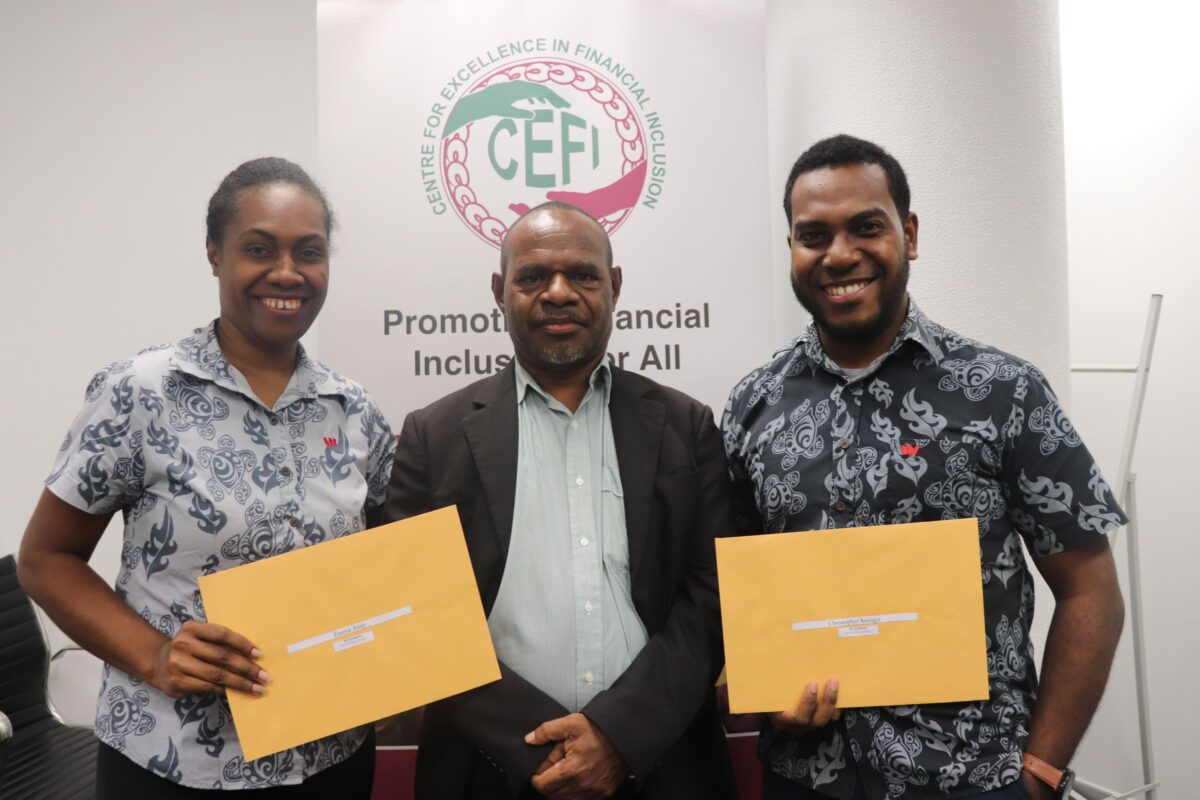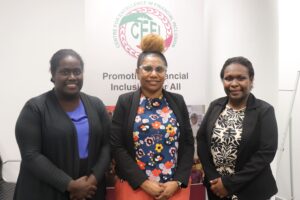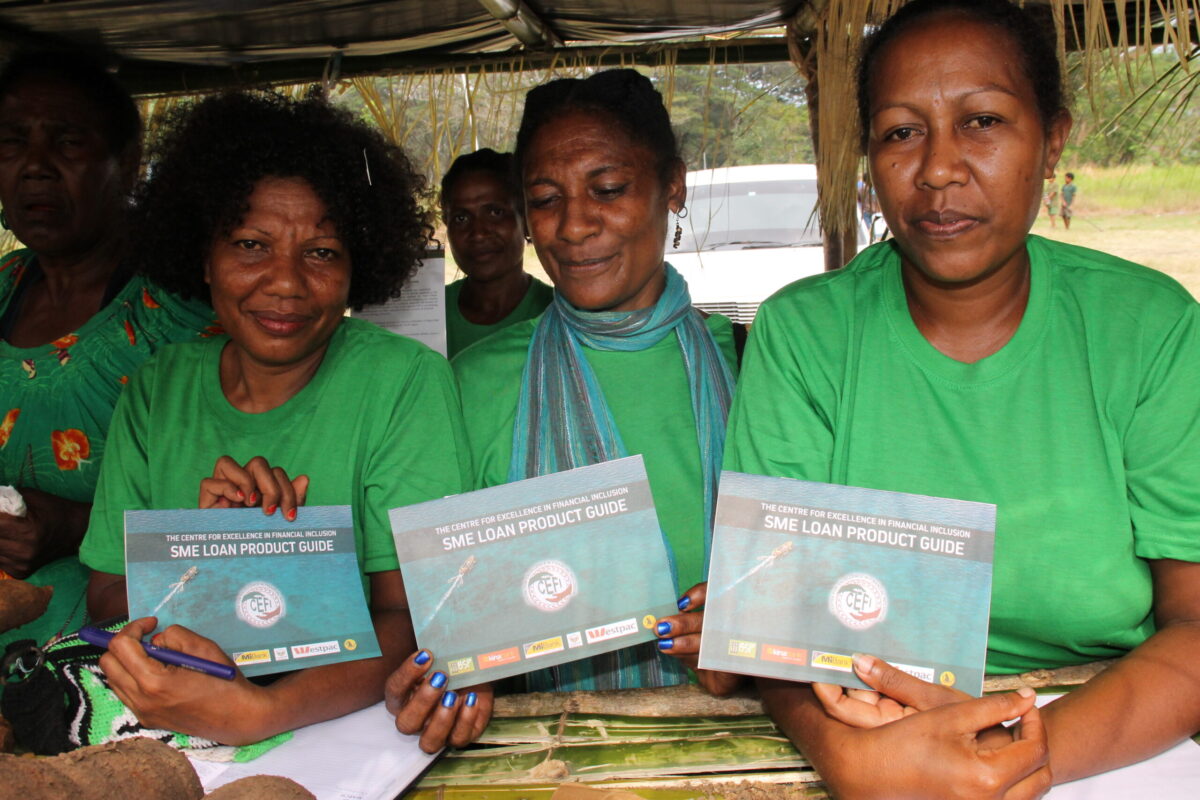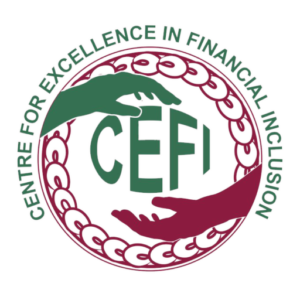Business Link Pacific, the Centre for Excellence in Financial Inclusion and the Lae Chamber of
Commerce announce new Business Support Grants for the private sector in Papua New Guinea
06 July 2023
Business Link Pacific (BLP), a private sector development programme delivered by DT Global and funded by the New Zealand Ministry of Foreign Affairs and Trade (MFAT), has announced the availability of new Business Support Grants for Small and Medium-Sized Enterprises (SMEs) in Papua New Guinea. “Aotearoa New Zealand is pleased to continue our support for Business Link Pacific. As I get around and meet businesses and chambers of commerce, I have heard how much Business Link Pacific is valued in Papua New Guinea. And these Business Support Grants will help businesses here invest in and grow
their operations, creating jobs and economic benefits for local communities”, said Peter Zwart, New Zealand High Commissioner to PNG
The Business Support Grants are designed to stimulate SME growth, innovation, access to finance, and investment in social inclusion and climate action. SMEs in Papua New Guinea can present proposals that
meet the criteria of at least 1 of the following 5 categories:
• Innovation: grant will be used to drive innovation within the business.
• Growth: grant will used to drive business growth.
• Inclusion: grant will be used to increase inclusiveness within and by the business.
• Climate: grant will mitigate, adapt, or increase resilience to climate change.
• Finance: grant will be used to secure additional finance e.g., equity for a loan.
To apply, businesses must submit a proposal that outlines the project they are proposing to undertake, the expected outcomes of the project, and the financial resources they are seeking. Proposals will be
evaluated based on their alignment with at least 1 of the 5 grant categories mentioned above, as well as the feasibility of the project, the sustainability of the project, and the quality of the proposal.
Grants will be awarded based on business size and other factors. As a guide, businesses with up to 5
employees are eligible for grants up to NZD 5,000 equivalent (11,000 PGK), and businesses with up to 10 employees are eligible for up to NZD 10,000 equivalent (22,000 PGK). Businesses with 20 employees or more can apply for grants up to NZD 20,000 equivalent (44,000 PGK). Businesses with up to 50 employees can apply for grants up to NZD 30,000 equivalent (66,000 PGK). BLP encourages applications from women, youth, indigenous entrepreneurs, and community-led
businesses. Guidelines and full criteria can be found on the BLP website. https://businesslinkpacific.com.
The Centre for Excellence in Financial Inclusion and Lae Chamber of Commerce will assist with the submission of applications. SMEs that require assistance to access the internet or computers should
contact them to be supported. “We are excited to announce the availability of these new Business Support Grants, to support local
businesses with their innovation and growth projects. We know that grants can boost SMEs capacity to access finance, increase employment and invest in critical issues such as climate resilience,” said Steve Knapp, director of BLP. “The growth and empowerment of MSME is critical to the country. Unemployment is high and our people
want to learn how to run a business successfully and profitably. The BLP programme is one of real sustainability, not only providing support to SMEs but to business service providers, who are also local
business, that have not only local knowledge but continue to work with, mentor and develop our SMEs into more robust businesses. There is not a business in the world that started out ‘big’, all businesses
start small and with the right attitudes, support and guidance grow into big and successful businesses.
We applaud and support BLP as truly a circular, sustainable model and are pleased to be part of it,” said the president of Lae Chamber of Commerce and Industry (LCCI), John Byrne. The Advisor to Centre for Excellence in Financial Inclusion Mr. Saliya Ranasinghe said, “There is an increasing recognition of the importance of SMEs in supporting overall economic growth. According to a recent survey of nearly 50,000 firms in 104 countries, SMEs provide as much as two-thirds of all employment, with small firms contributing more to employment in low-income countries than high�income countries.”
Further information:
Enquiries about this news release should be made to the BLP Service Managers- Ensie Rennie lae@businesspacific.com, Gabriel Iso png@businesslinkpacific.com and Adelle Auhava cefi@businesslinkpacific.com
About Business Link Pacific:
BLP is a private sector development programme funded by the New Zealand Ministry of Foreign Affairs and Trade and aimed at supporting the economic growth of Pacific Island countries.
The Business Link Pacific team is based in New Zealand and is currently supported by in-country partners in Cook Islands, Fiji, Kiribati, Papua New Guinea, Samoa, Solomon Islands, Tonga and Vanuatu. BLP is extending its services to Nauru, Niue Tokelau and Tuvalu.
Since Business Link Pacific was established in 2017, it has assisted over 6,500 small-medium sized businesses with online Business Health Checks, Continuity Plans and in-depth diagnostics. Also, it has facilitated over 2,000 business advisory services subsidies, nearly 600 business grants and contributed to the creation of an estimated 1,300 new jobs; 41% of which are filled by women.
Case studies and stories about the business talent in the PICs have been captured and shared with the Business Link Pacific audience both in New Zealand and across the Pacific Region, and can be accessed via the Business Link Pacific website.
Business Link Pacific in Papua New Guinea is coordinated by the Lae Chamber of Commerce and Centre for Excellence in Financial Inclusion. It has a quality approved Network of 47 business advisors offering services in 15 areas of business advice, including accounting, marketing, HR, business strategy, training, and couching. Approved business advisors can offer subsidies to eligible local SMEs to partially cover service fees. BLP has provided 209 subsidies in Papua New Guinea, 127 to businesses with one or more female owners and 31 Adaptation Grants for a total value of 267,470 NZD (587,038.71 PKG).
BLP is adding another important element for the SME support eco system in Papua New Guinea. Centre for Excellence in Financial Inclusion is extremely pleased to be part of this important support structure that facilitate growth and prosperity. We encourage SMEs to use this opportunity to improve and grow entrepreneurship, skills and access to credit and markets.
Lae is known as the commercial hub of Papua New Guinea, contributing immensely to the economy of the country. The Lae Chamber of Commerce promotes the economic viability of local small businesses to develop, grow and contribute equally to the economy. Through the partnership with Business Link Pacific has given the opportunity for our local SMEs throughout Papua New Guinea to benefit from the BLP services including the grant, for the sustainability of their business operations.









